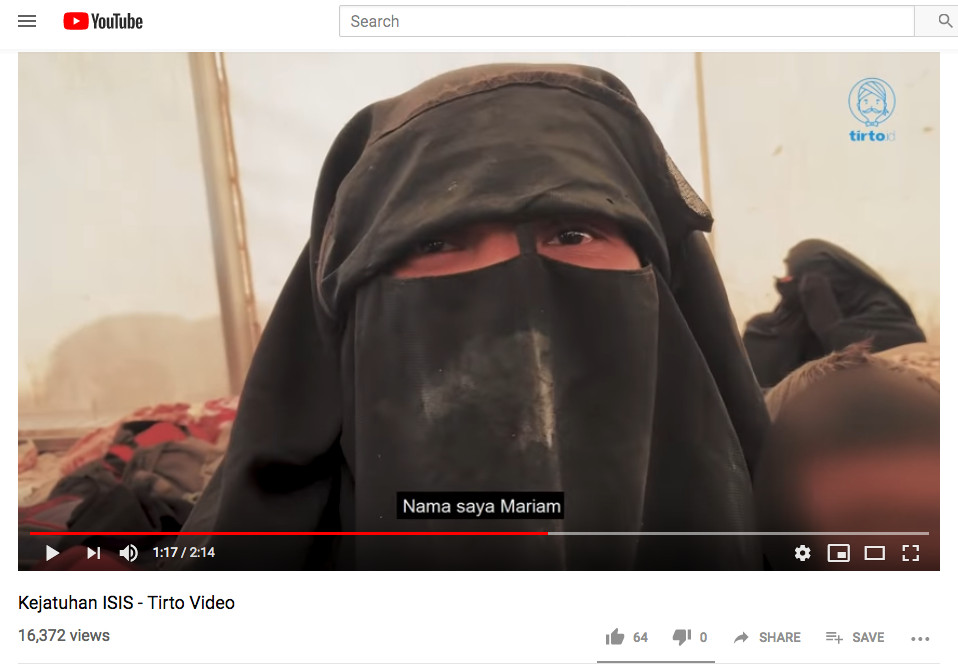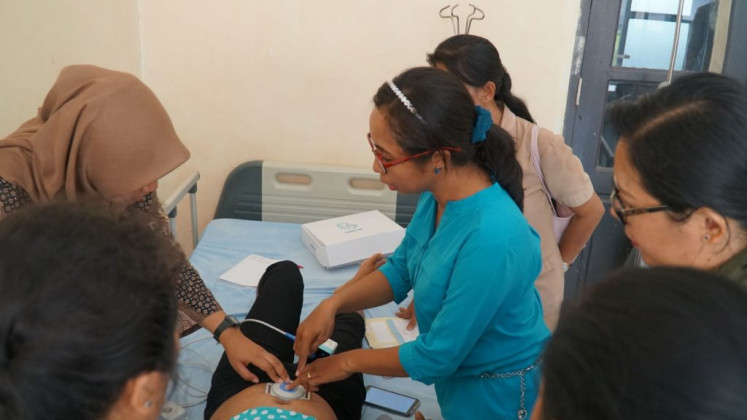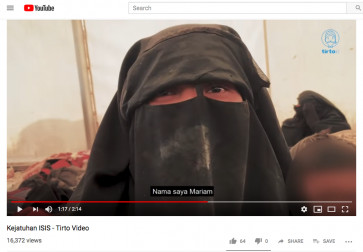Popular Reads
Top Results
Can't find what you're looking for?
View all search resultsPopular Reads
Top Results
Can't find what you're looking for?
View all search resultsDeportees or returnees? Essential difference for deradicalization
It is important to distinguish between returnees and deportees to determine a suitable approach for their rehabilitation and reintegration. I conducted fieldwork research from late 2017 to mid-2018 on the governmental and NGO approach to Indonesian deportees.
Change text size
Gift Premium Articles
to Anyone
O
n Aug. 2, Ulta Levenia and Alban Scianca published a commentary in this newspaper titled “Returnees now clear and present danger.” The article is based on their field work in the Southern Philippines and drew the case of two Indonesians behind the Jolo church bombing in early 2019. The points they make about the danger of regional terrorist networks, an inadequate deradicalization program and the monitoring of returnees in Indonesia are worth noting. The article, however, failed to identify the perpetrators in appropriate terms, referring to them as “returnees” instead of “deportees”.
The Indonesian couple, Rullie Rian Zeke and Ulfah Handayani Saleh, entered the Philippines illegally and launched a twin suicide bombing during the morning mass at a Catholic church in January, which killed 23 people. Following the attack, Philippine authorities immediately announced that an Indonesian couple had perpetrated the attack, yet the Indonesian government doubted this statement due to lack of evidence and a one-sided investigation. In July, after a thorough investigation involving Jamaah Ansharut Daulah (JAD) members arrested in Malaysia and Padang, West Sumatera, the National Police confirmed that the perpetrators were Indonesians.
While Ulta and Alban identified the Indonesian couple as returnees, they were in fact, deportees. Rullie and Ulfah had sought to join the Islamic State (IS) group in Syria via Turkey in March 2016. They were arrested by Turkish authorities in January 2017 and subsequently deported to Indonesia. They underwent a rehabilitation course at a Social Affairs Ministry social shelters for a month and were then repatriated to their hometown.
This attack marked the first successful terror attack launched by deportees. A number of deportees have been involved in terrorist activities, but the plots were thwarted by the security apparatus. Some examples are Anggi Indah Kusuma and Endang Abu Rafi. In August 2017, Anggi and her husband were arrested in Bandung, West Java, for plotting terror attacks against PT Pindad, Mako Brimob and the State Palace. Endang was arrested for his plan to mount a terror attack against the post-election protest on May 22.
It is important to distinguish between returnees and deportees to determine a suitable approach for their rehabilitation and reintegration. I conducted fieldwork research from late 2017 to mid-2018 on the governmental and NGO approach to Indonesian deportees. My talks with various stakeholders shed light on the different challenges posed by deportees and returnees.
The public has expressed concern over the government’s decision to consider assisted repatriation of Indonesian former IS members stuck in Syrian camps. There is a growing fear of radicalization and possible terror attacks by returnees. In fact, Indonesia has dealt with different types of returnees amidst the Syrian civil war that could provide lessons on how to handle them.


















